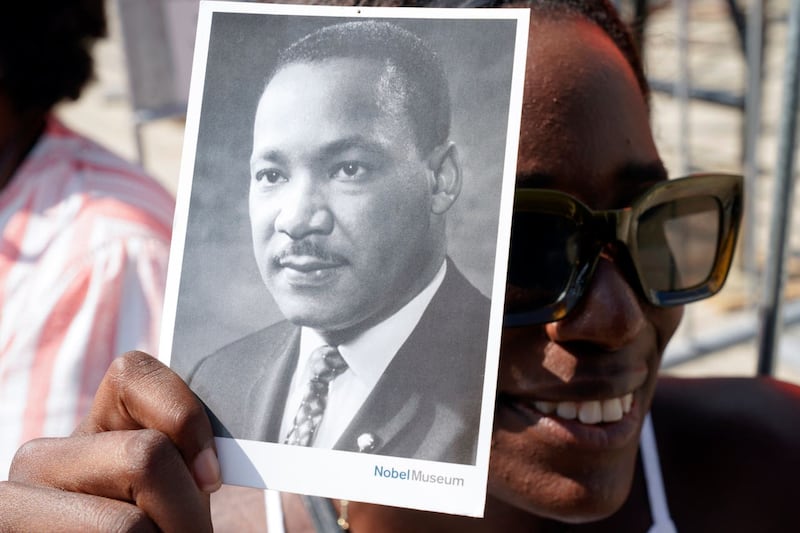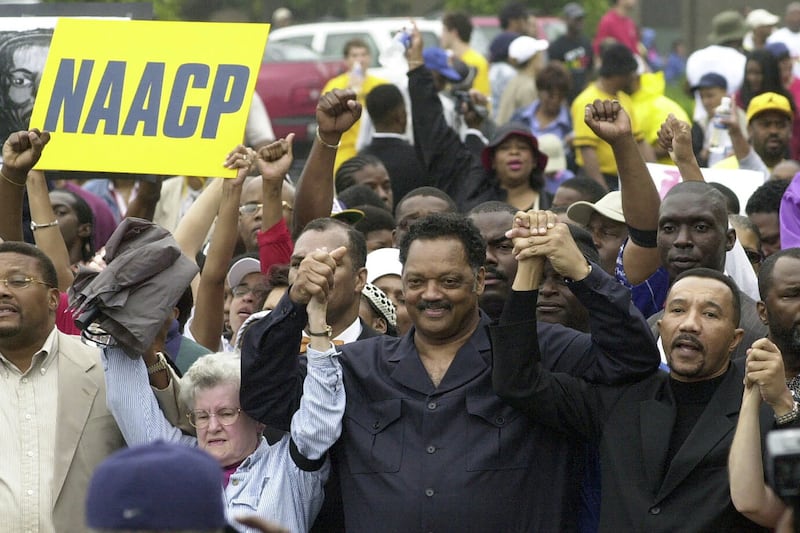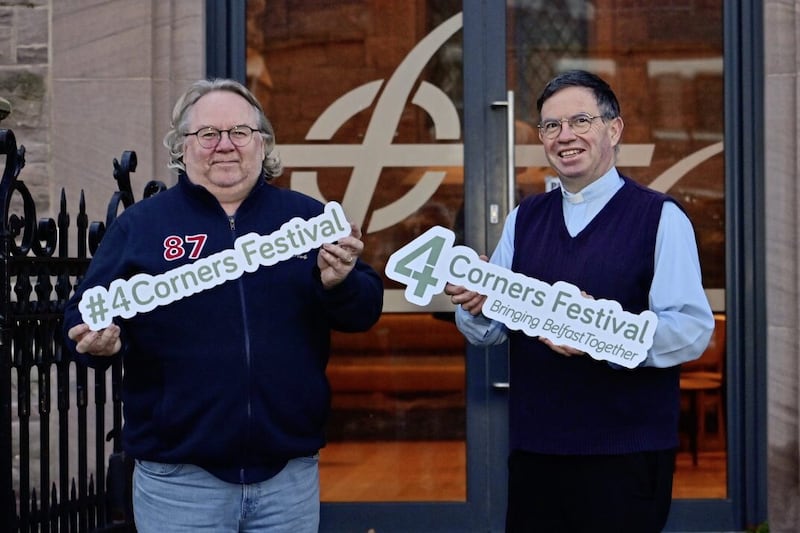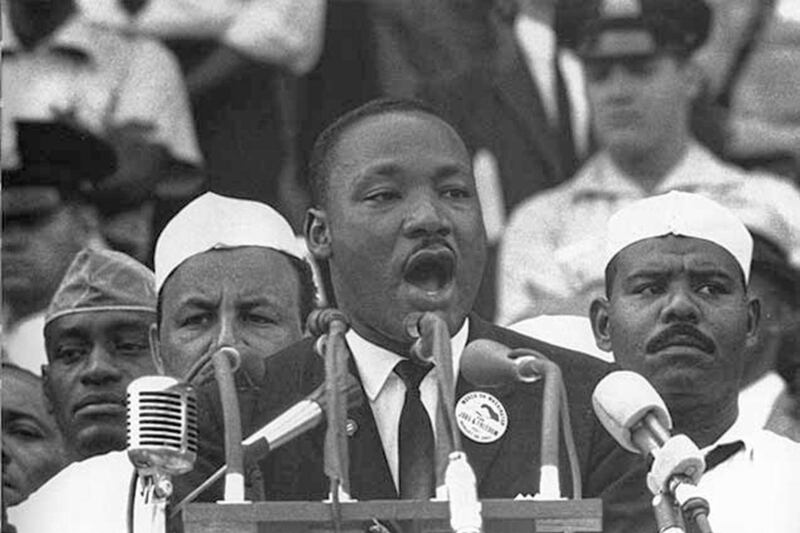James Lawson, an apostle of non-violent protest who schooled activists to withstand brutal reactions from white authorities as the Civil Rights Movement gained traction, has died at the age of 95.
Mr Lawson’s family said he died on Sunday after a short illness in Los Angeles, where he spent decades working as a pastor, labour movement organiser and university professor.
Mr Lawson was a close adviser to Martin Luther King Jr, who called him “the leading theorist and strategist of non-violence in the world”.

Mr Lawson met Mr King in 1957, after spending three years in India soaking up knowledge about Gandhi’s independence movement.
Mr King would travel to India himself two years later, but at the time, he had only read about Gandhi in books.
The two Black pastors, both 28-years-old, quickly bonded over their enthusiasm for the Indian leader’s ideas, and Mr King urged Mr Lawson to put them into action in the American South.
Mr Lawson soon led workshops in church basements in Nashville, Tennessee, that prepared John Lewis, Diane Nash, Bernard Lafayette, Marion Barry, the Freedom Riders and many others to peacefully withstand vicious responses to their challenges of racist laws and policies.
Mr Lawson’s lessons led Nashville to become the first major city in the south to desegregate its downtown, on May 10, 1960, after hundreds of well-organised students staged lunch-counter sit-ins and boycotts of discriminatory businesses.
Mr Lawson’s particular contribution was to introduce Gandhian principles to people more familiar with biblical teachings, showing how direct action could expose the immorality and fragility of racist white power structures.
Gandhi said “that we persons have the power to resist the racism in our own lives and souls,” Mr Lawson told the Associated Press.
“We have the power to make choices and to say no to that wrong. That’s also Jesus.”

Years later, in 1968, it was Mr Lawson who organised the sanitation workers strike that fatefully drew King to Memphis.
Mr Lawson said he was at first paralysed and forever saddened by Mr King’s assassination.
“I thought I would not live beyond 40, myself,” Mr Lawson said. “The imminence of death was a part of the discipline we lived with, but no one as much as King.”
Still, Mr Lawson made it his life’s mission to preach the power of non-violent direct action.
“I am still anxious and frustrated,” Mr Lawson said as he marked the 50th anniversary of Mr King’s death with a march in Memphis. “The task is unfinished.”
Civil rights activist Diane Nash was a 21-year-old college student when she began attending Lawson’s Nashville workshops, which she called life-changing.
“His passing constitutes a very great loss,” Ms Nash said.
“He bears, I think, more responsibility than any other single person for the civil rights movement of Blacks being nonviolent in this country.”
James Morris Lawson Jr, was born on September 22, 1928, the son and grandson of ministers, and grew up in Massillon, Ohio, where he became ordained himself as a high school senior.

He told The Tennessean that his commitment to non-violence began in elementary school, when he told his mother that he had slapped a boy who had used a racial slur against him.
“What good did that do, Jimmy?” his mother asked.
That simple question forever changed his life, Mr Lawson said.
He became a pacifist, refusing to serve when drafted for the Korean War, and spent a year in prison as a conscientious objector.
The Fellowship of Reconciliation, a pacifist group, sponsored his trip to India after he finished a sociology degree.
Gandhi had been assassinated by then, but Mr Lawson met people who had worked with him and explained Gandhi’s concept of “satyagraha,” a relentless pursuit of truth, which encouraged Indians to peacefully reject British rule.
Mr Lawson then saw how the Christian concept of turning the other cheek could be applied in collective actions to challenge morally indefensible laws.
Mr Lawson was a divinity student at Oberlin College in Ohio when Mr King spoke on campus about the Montgomery bus boycott.
Mr King told him, “You can’t wait, you need to come on South now,‘” Mr Lawson recalled in an Associated Press interview.








